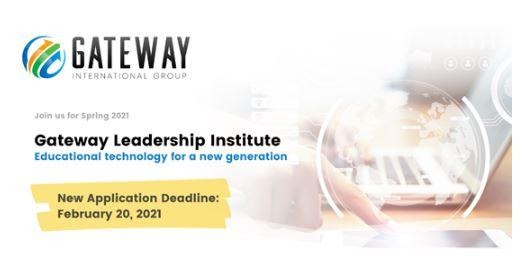Actually I cannot give you the rankings other than to say it would look nothing like the elitist, manipulation-prone ranking of US News. These are, however, the factors that would go into a true ranking of law schools.
1. Percentage of class with less than 160 LSAT score. Why? Dolts can and do teach students with over 160 scores. That does not take any real teaching ability. Those students will get it. Teaching them is like teaching native German speakers how to speak German.
2. Percentage of students with below 160 who pass the bar. This is the real measure of teaching effectiveness because those students may actually need teaching expertise.
3. Number of citations by courts of scholarly works per faculty member. In a prior study a colleague and I demonstrated that citations by other law professors are irrelevant. They generally do not rely on anything but factual assertions and rarely engage the thoughts of the works they cite. Let’s face it. If courts do not cite your work, you are wasting your time and writing for a very small and irrelevant audience.
4. Percentage of students who are first in family college graduates. These people are likely to have a different perspective on virtually everything than the entitled ones, Want to have lively class discussion? Admit these people.
5. Percentage of faculty who did not graduate from top 15 law schools. Quite honestly, in 42 years of law teaching, the most poorly educated and laziest people I have met came from elite undergraduate and law schools. I could name names but that would take 5 blogs. They are the grade grubbers who focused on one thing — what is on the test. Want some diversity away from the same old name dropping dolts, expand your hiring horizons.
6. Number of African-American faculty. I know there are all kinds of minorities these days but none come close to this group in terms of having been kicked around, discriminated against, and pushed aside. Want you students to be more well rounded, better able to interact with diverse clients, then hire these people.
7. Percentage of financial aid distributed on the basis of need. Yes, this is different from the School were I taught which engaged in a bidding war for high LSATs.
8. Percentage of graduates who opt for public interest employment. Hopefully, 3 years of exposure to law school and the way law is consistently applied to favor the haves would encourage some students to, at least for some period of time, do the right thing.






